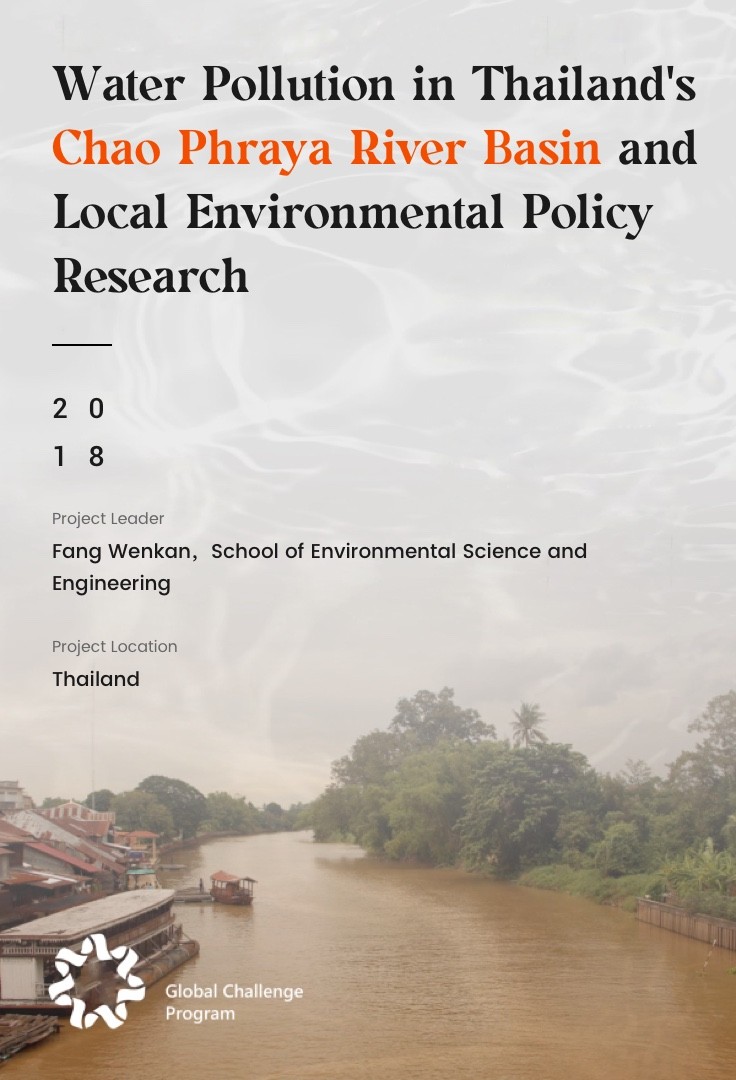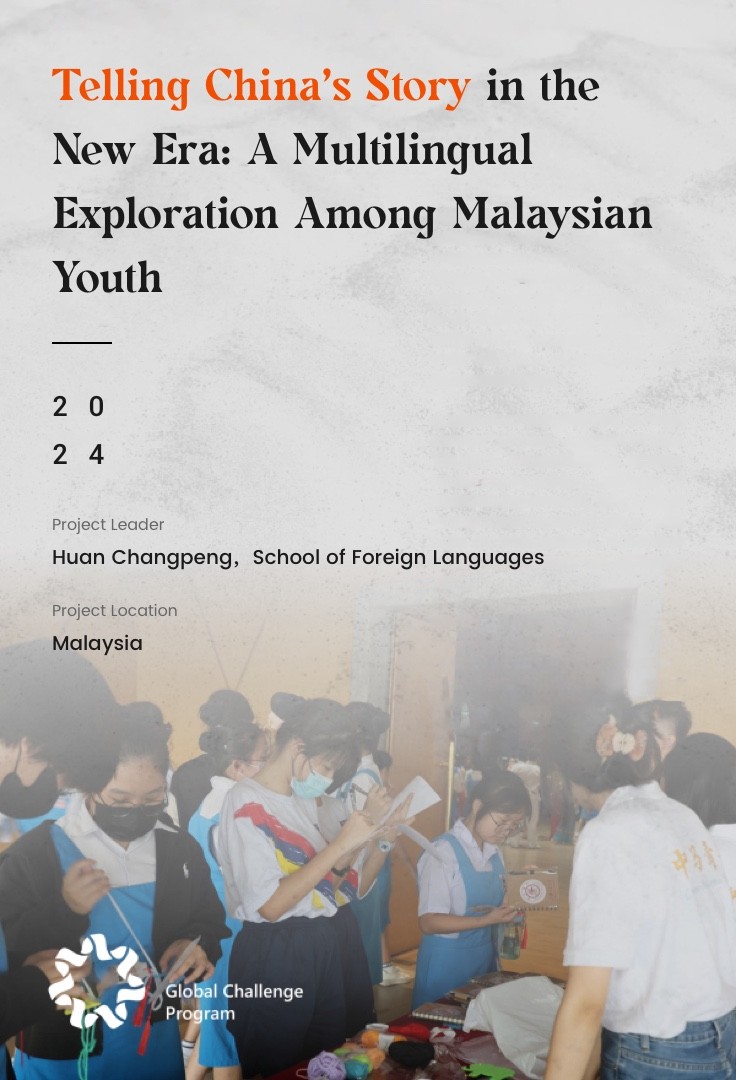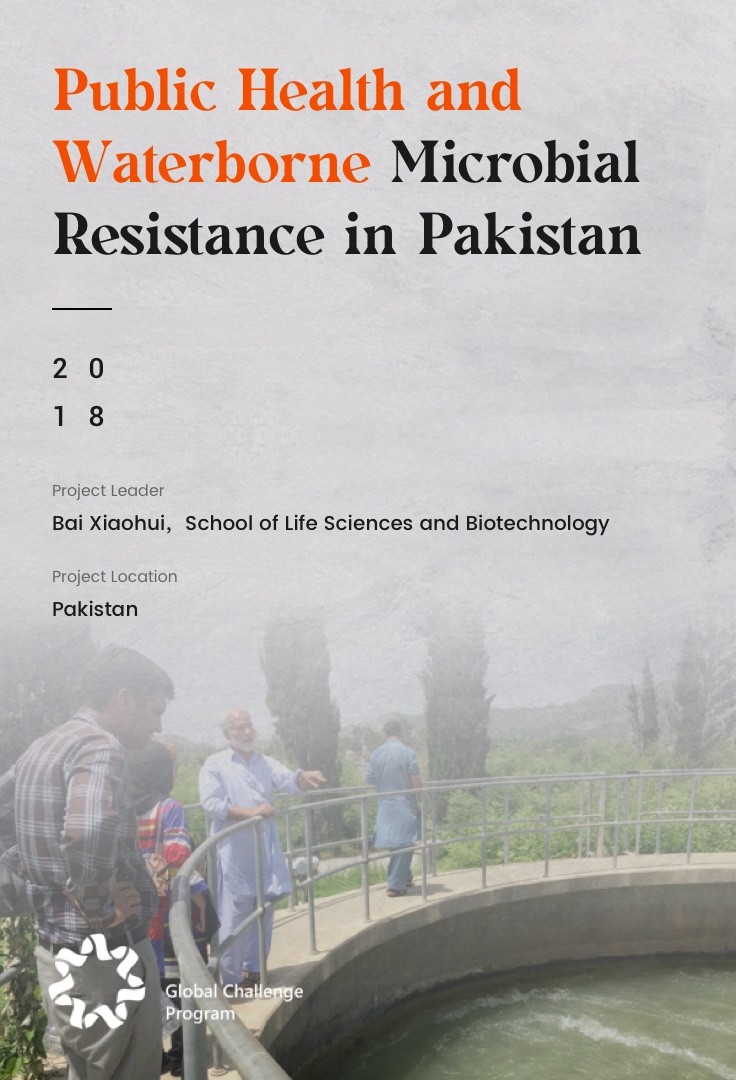Project Leader: Zhou Xiaonon,School of Medicine (Chinese Center for Tropical Diseases Resreach School of Global Health)
Project Location: China (Zhejiang, Jiangsu, Yunnan), Tanzania, Myanmar, Laos
Malaria is one of the most serious infectious diseases threatening global public health and human life. According to the World Health Organization, Africa still bears a disproportionately high share of the global malaria burden. Statistics from 2019 show that the region accounted for 94% of global malaria cases and deaths. The disease is endemic in 78 countries and regions across tropical and subtropical zones. As of 2021, over 250 million people worldwide were still in need of malaria treatment or preventive care. Countries such as Laos and others in Southeast Asia have since developed national strategies and action plans for malaria elimination.
The project team summarized China’s experience and technologies in the prevention and treatment of malaria and other vector-borne diseases, and conducted field studies in African and Southeast Asian countries to assess local disease control needs. It explored the feasibility and applicability of adapting China’s tropical disease control strategies to support rural revitalization and disease elimination in these regions, contributing to the construction of a "Healthy Silk Road" and a shared future for humanity. The project introduced innovative models such as the "1-3-7+X layered response system," offering practical solutions for disease elimination efforts in Africa and Southeast Asia.
The documentary team from Shanghai Media Group’s "ASEAN Dialogue" participated in the 2024 on-site filming of the project. Together with the project team, they co-produced a documentary titled "China-ASEAN Cooperation in Public Health: Vector-Borne Disease Prevention," which was broadcast on Dragon TV in October.



